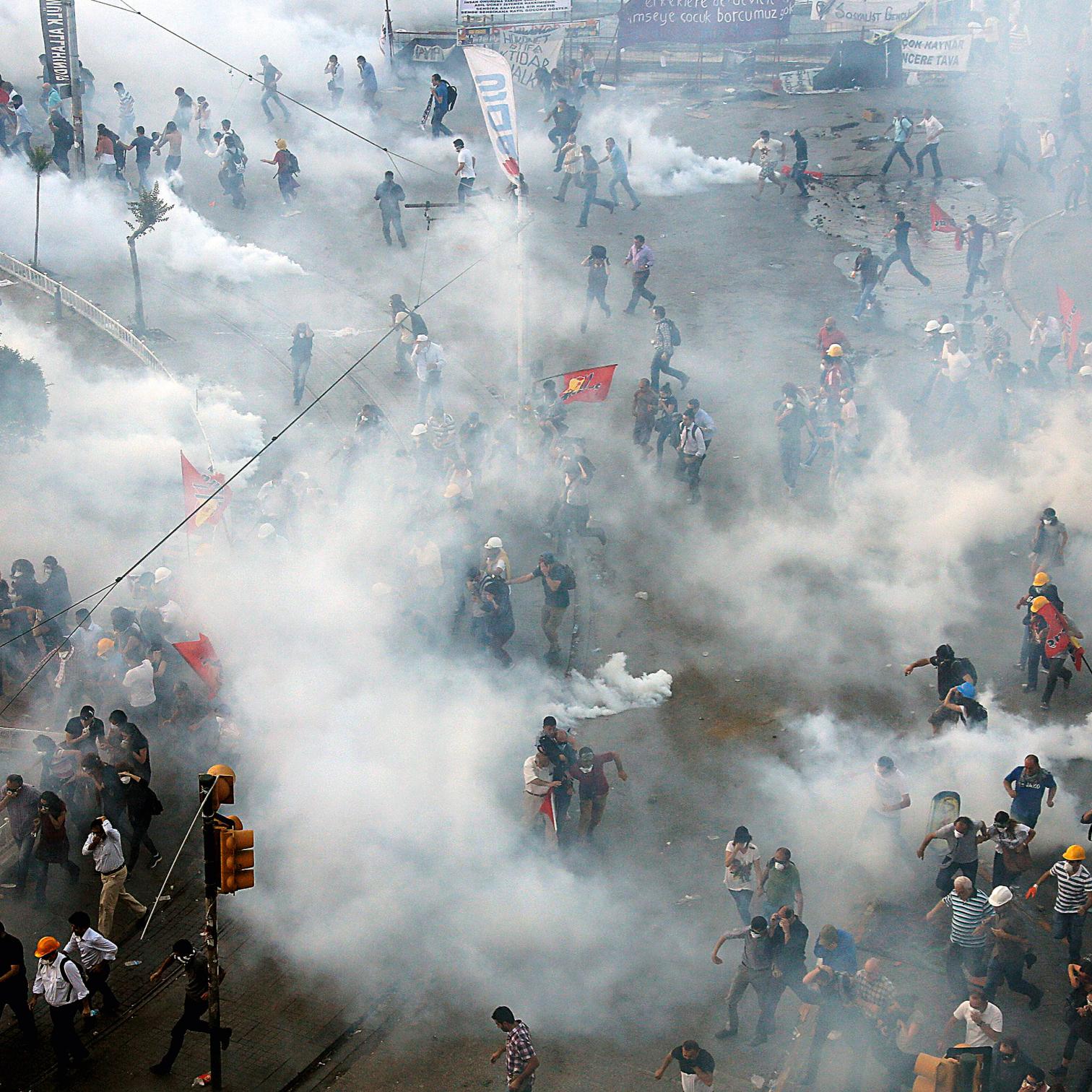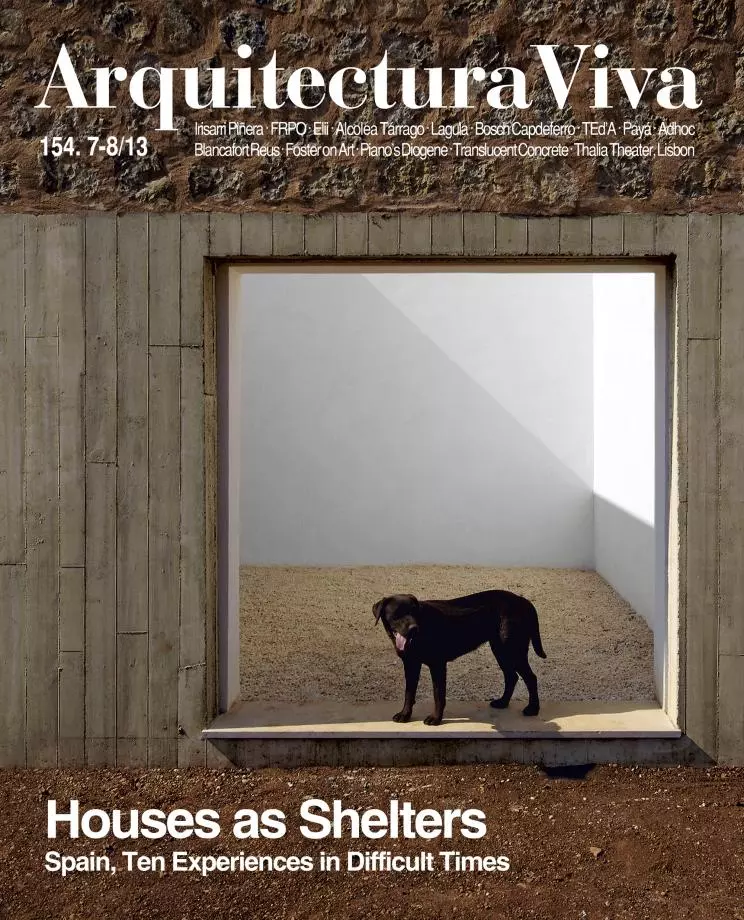Urban Revolts
Brazil and Turkey, the Specter of the Middle Class

A specter haunts the world: the rebellion of the middle classes. In the latest episode, the cities of Brazil and Turkey have been the scene of an uprising against political and economic elites by young people summoned through social networks and provoked initially by an urban conflict: transport fares in São Paulo or the redevelopment of a park in Istanbul. Both cases involve countries with solid democratic governments and robust emerging economies, so the protests cannot be attributed to absolute lack of freedom or the desperation of misery, but they are indeed revolts against authoritarian or corrupt elites, growing social inequality and the impoverishment of the middle class. Matters of municipal administration – such as an increase of 0.20 reals (7 euro cents) in the price of a bus ticket or a license to build in the city center – have created disturbing political crises, throwing doubt on the legitimacy of the governments of Dilma Rousseff and Recep Tayyip Erdogan, whose democratic origins must be constantly validated through the fair exercise of power.
In Brazil, soaring inflation and falling growth rates make it imposible to meet the expectations created by the economic boom of the last decade, and citizen frustration pounces on elite groups perceived as corrupt, while questioning the colossal cost of events like the FIFA World Cup, estimated at 10 billion euros, which in many of the venues of the championship will not even pay for the promised transport infrastructures. And in Turkey, where the persistent Kurdish conflict and the Syrian war are a hindrance to its relationship with the Middle East and to its ambition to be a reference for the countries of the Arab Spring, the urban battle of Gezi Park and Taksim Square – with the population opposed to a project which is as rigorously legal as it is perfectly representative of the current real estate boom – has mobilized the middle classes against the regime’s authoritarian reflexes and confessional slant, whether by occupying the park in danger of disappearing or through the silent, still presence of ‘standing men’ on Taksim Square; an action of extraordinary drama initiated by the choreographer Erdem Gündüz.
Sharing the peaceful and festive nature of the ‘indignado’ rallies in Europe and the United States, and in the wake of other protest movements that have of late shaken the world, from Indonesia or India to Bulgaria or Israel – and these days tragically in Egypt –, the uprisings in Brasil and Turkey (which simply demand good governance, improved public services and punishment for corruption) are laboratories of digital protest, theaters of a clamor for better urban life, and also perhaps examples of the rebellion of the new middle classes against ‘extractive elites’. Those who coined the term, the Turkish economist Daron Acemoglu and the American political scientist James Robinson, doubt that the democratic demands being made in Brazil and Turkey are results of the economic boom experienced by both countries, skeptical as they are of the modernization theory formulated by Martin Seymour Lipset, which automatically connects democracy to prosperity. In the opinion of the MIT and Harvard professors (who also question the alleged protagonism of the middle class in political change, pointing out the importance of the mobilization of the less fortunate), democracy does not spring from prosperity, and finds less stimulus in boom than in bust. If they are right, Spain’s current economic crisis could carry the promise of political regeneration: the way things are, this would not be the worst outcome.





